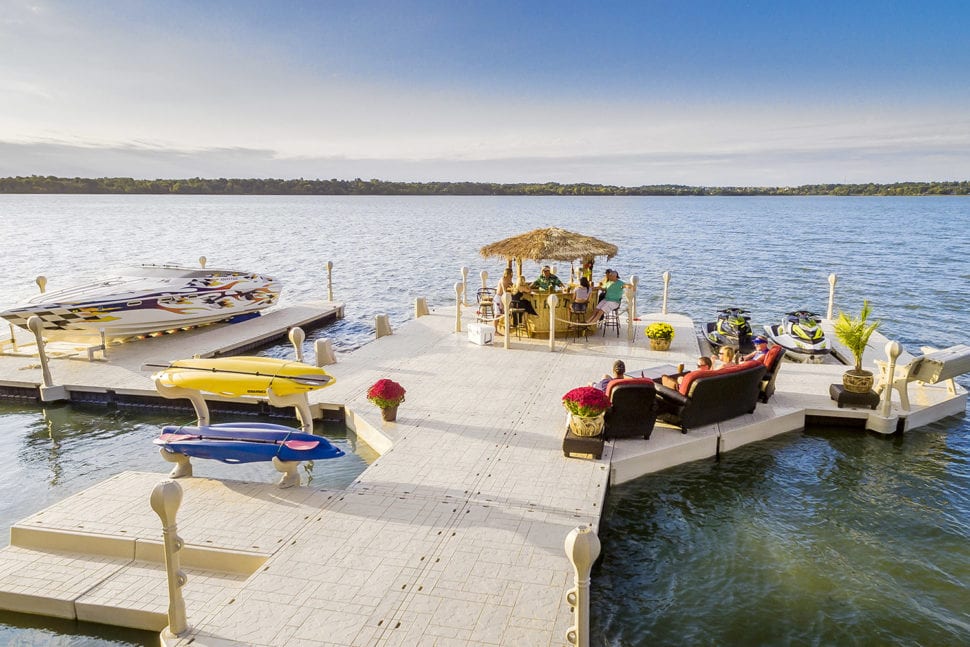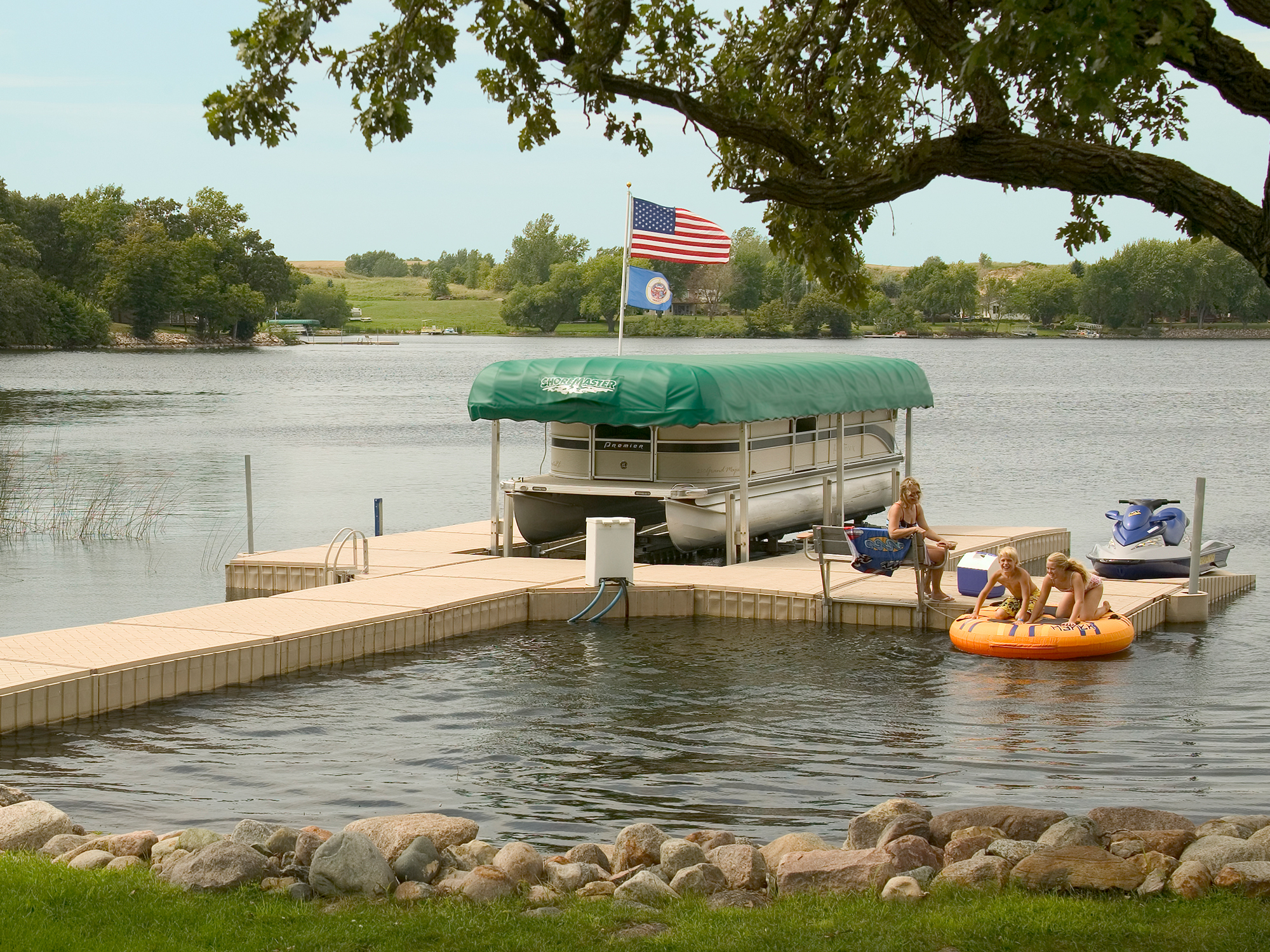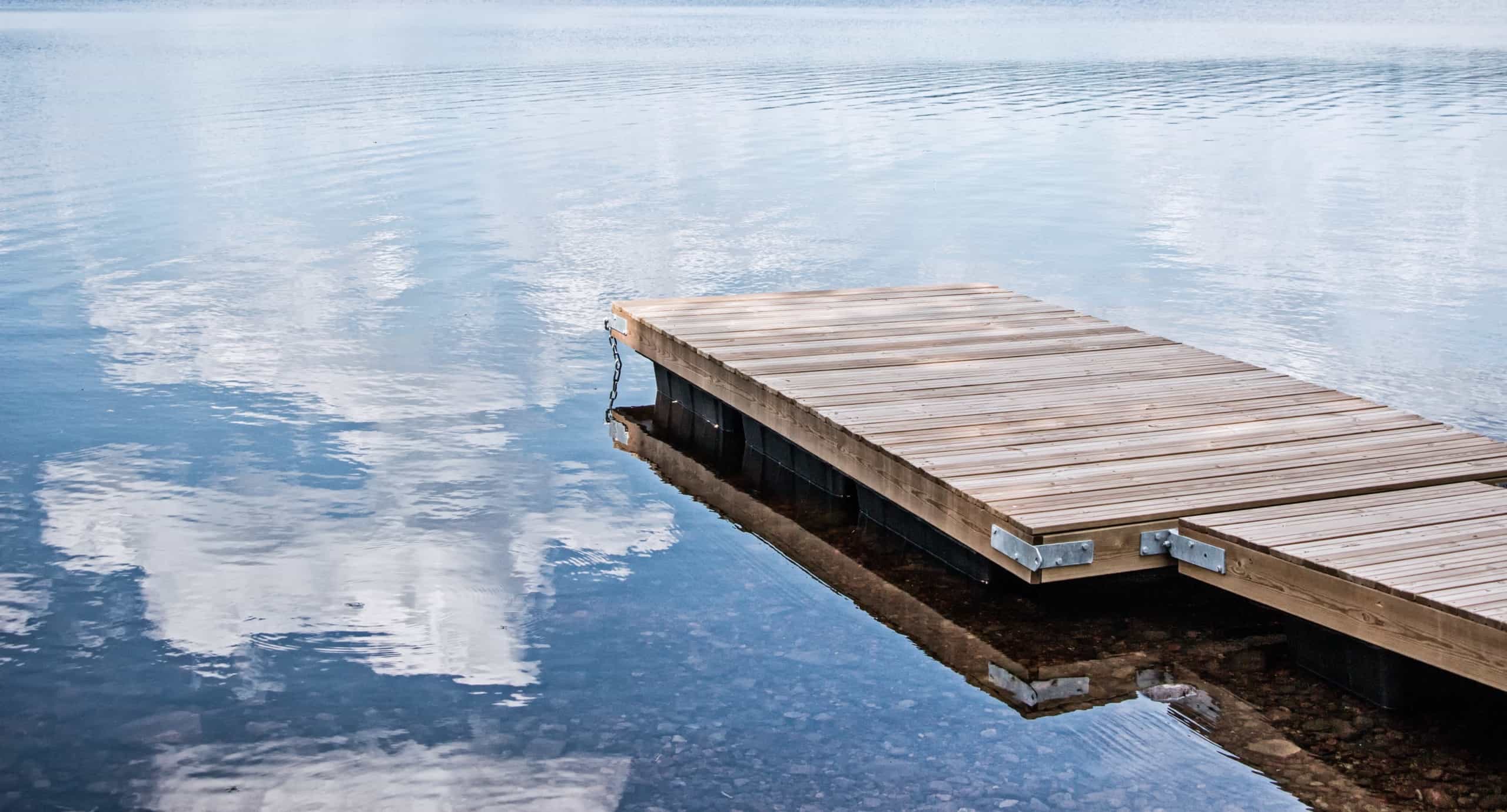Top Factors to Partner with a Reliable Floating Dock Company for Your Following Venture
Top Factors to Partner with a Reliable Floating Dock Company for Your Following Venture
Blog Article
The Ultimate Guide to Selecting the Ideal Floating Docks
Choosing the suitable floating dock needs a thorough understanding of various elements that affect both efficiency and long life. Variables such as dock types, products, and necessary attributes significantly affect your decision-making process. In addition, considerations around setup and budget can even more make complex the choice. By taking a look at these aspects methodically, one can ensure an investment that not just satisfies prompt demands but additionally improves overall home value. As we check out these critical components, it ends up being clear that the best choices can result in a lasting and useful option tailored to your particular requirements.
Understanding Floating Dock Types
When selecting a drifting dock, it is vital to comprehend the various kinds readily available, as each offers distinctive purposes and applications. Floating docks largely fall right into three classifications: modular, stationary, and pontoon docks.
Modular docks are composed of individual areas that can be quickly put together or reconfigured, making them perfect for changing water degrees and varied usages, such as commercial procedures or leisure activities. Their flexibility permits customization based on specific needs.

Pontoon docks are defined by their buoyant framework, commonly composed of multiple pontoons that provide security and assistance. They are particularly fit for larger vessels and are frequently utilized in marinas or for waterfront homes. Comprehending these types help in selecting one of the most suitable floating dock to satisfy certain needs, guaranteeing optimum capability and safety and security.
Secret Materials for Durability
Selecting the right products for floating docks dramatically influences their toughness and longevity. The most usual materials include wood, plastic, steel, and composite materials, each offering unique advantages and restrictions.
Wood, usually preferred for its aesthetic appeal, needs routine upkeep to endure dampness and degeneration. Pressure-treated lumber can boost resistance to rot, but it might still be susceptible to insects and weathering.

Plastic docks, made from high-density polyethylene (HDPE), are resistant to corrosion, UV radiation, and influence, making them a popular selection for coastal settings. Their lightweight nature additionally assists in very easy installment and relocation.
Metal docks, usually created from light weight aluminum or galvanized steel, give outstanding strength and resilience. They are immune to deterioration, particularly when treated, but may require additional insulation to stop warmth build-up in hot environments.
Composite products, incorporating timber fibers and plastics, deliver the advantages of both timber and plastic, standing up to wetness and fading while requiring minimal maintenance. - dock company
Inevitably, the option of materials ought to line up with environmental conditions, meant usage, and upkeep preferences to make certain the floating dock remains useful and cosmetically pleasing with time.
Necessary Functions to Think About
While the option of materials is essential, taking into consideration essential functions for floating docks is equally important to make certain ideal performance and user contentment. One crucial attribute to analyze is the dock's buoyancy capacity, which establishes just how much weight it can support without immersing. dock company. This is vital for fitting watercrafts, individual boat, and also recreational activities
In addition, portability is a substantial consideration. Relying on your demands, you may want a dock that is simple to deliver and disassemble, specifically if you intend to relocate it seasonally. Stability is another important attribute; a properly designed floating dock ought to lessen activity brought on by wind and water currents, providing a secure platform for customers.
Safety and security functions, such as non-slip surfaces and rounded sides, are additionally crucial to prevent accidents, especially in wet problems. Moreover, take into consideration the accessibility of accessories, such as bumpers, cleats, and ladders, which can enhance the functionality of your dock.
Setup and Upkeep Tips
Establishing and preserving a drifting dock calls for careful planning and focus to detail to guarantee its longevity and optimum efficiency. Begin by choosing a proper area that reduces exposure to strong currents and waves, which can create wear and tear. Ensure that the water depth suffices for the dock's elevation and that it is secured firmly to stop activity.
Throughout installation, follow the maker's guidelines closely, as inappropriate assembly can jeopardize security. Usage high-grade materials resistant to rust, such as light weight aluminum or dealt with timber, to enhance longevity. On a regular basis evaluate all components, consisting of drifts, ports, and anchoring systems, for indications of damage or wear.
Upkeep is vital for prolonging the life of your dock. Tidy the surface areas occasionally to prevent algae accumulation and check for any kind of loose installations that might call for tightening. If your dock uses flotation tools, guarantee they remain cost-free and undamaged from slits. In addition, think about applying protective layers to wood parts to decrease weathering impacts. By adhering to these installation and upkeep ideas, you can enjoy a functional and trustworthy floating dock for several years to come.
Budgeting for Your Dock
Budgeting for your dock is an important action that can substantially affect your overall complete satisfaction and investment in a waterfront residential property. Establishing a clear budget plan helps you browse the visit this web-site different alternatives available and guarantees you make informed decisions that straighten with your financial capacities.
Begin by figuring out the size and layout of the dock you require, as visit here these elements will significantly affect the cost. Floating docks can differ substantially in rate, depending on products, buoyancy, and functions like devices and ramps. Study various makers and providers to contrast costs and comprehend the market value.
Along with first expenses, think about continuous costs such as upkeep, insurance, and possible repairs. Designate funds for these persisting prices to avoid shocks down the line. It's likewise sensible to allocate any type of necessary licenses or examinations, which may be called for by local policies.
Lastly, remember the possible return on financial investment. A tactical dock can boost your home's value and allure, providing a positive economic influence in the long-term. By budgeting successfully, you can make sure that your dock satisfies your needs without endangering your monetary security.
Final Thought
In final thought, picking the suitable floating dock necessitates a detailed examination of numerous elements, including dock types, materials, crucial features, and installation our website procedures. Careful factor to consider of monetary restrictions will certainly additionally make certain an audio financial investment.

While the option of materials is essential, taking into consideration important features for floating docks is similarly vital to guarantee ideal efficiency and individual satisfaction.Setting up and maintaining a floating dock calls for cautious planning and interest to detail to ensure its longevity and ideal performance. Floating docks can differ dramatically in price, depending on materials, buoyancy, and functions like ramps and devices.In conclusion, picking the ideal floating dock necessitates a detailed analysis of numerous factors, consisting of dock types, materials, important functions, and setup processes.
Report this page